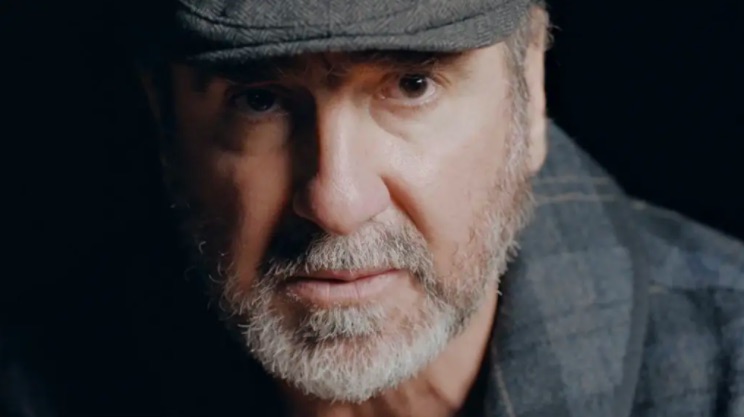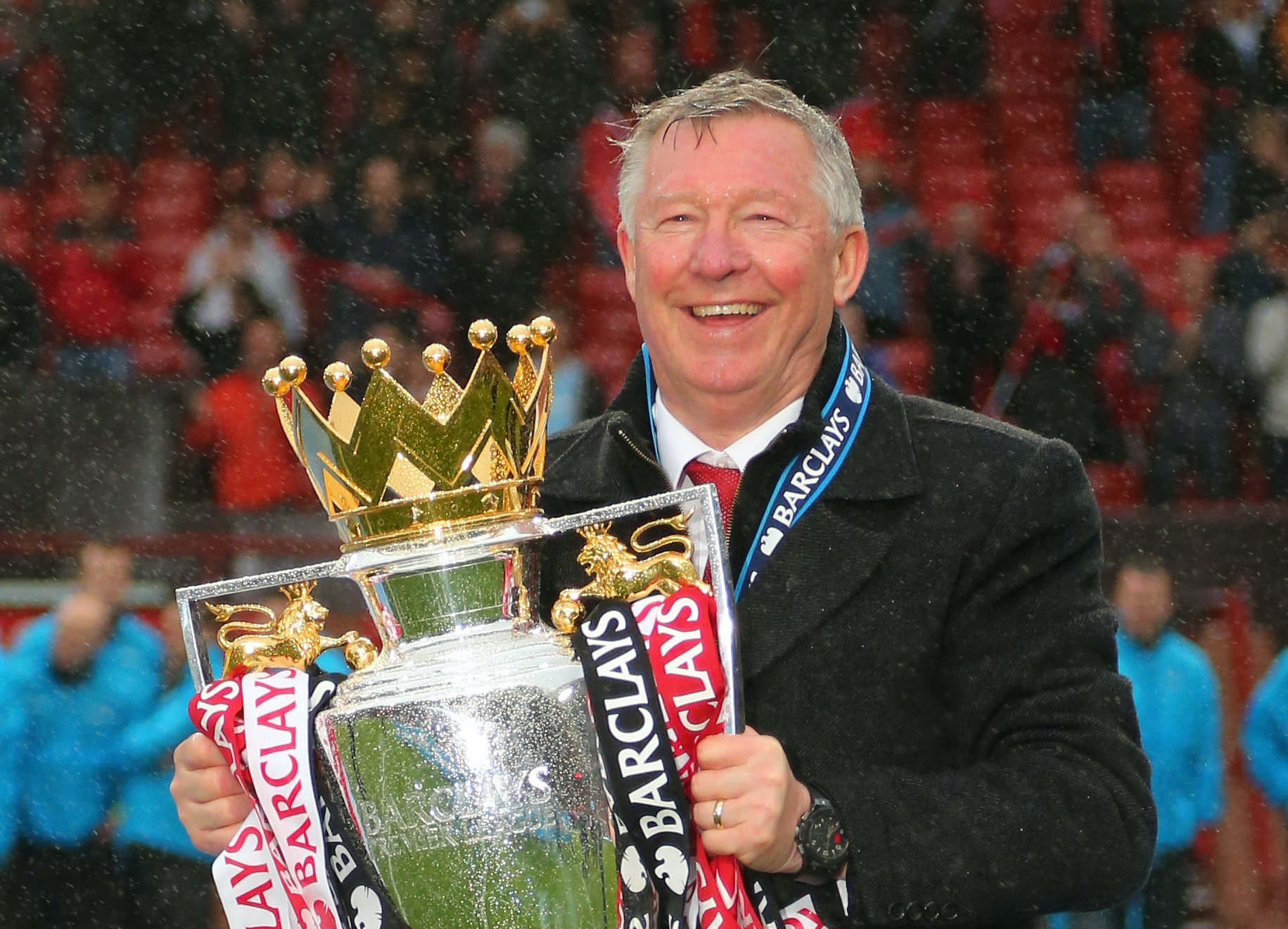Eric Cantona: European Super League isn't the United way
Manchester United legend Eric Cantona on the future of the club as he narrates a new documentary.

The latest updates, reviews and unmissable series to watch and more!
You are now subscribed
Your newsletter sign-up was successful
Want to add more newsletters?

ONCE A WEEK
What to Watch
Get all the latest TV news and movie reviews, streaming recommendations and exclusive interviews sent directly to your inbox each week in a newsletter put together by our experts just for you.

ONCE A WEEK
What to Watch Soapbox
Sign up to our new soap newsletter to get all the latest news, spoilers and gossip from the biggest US soaps sent straight to your inbox… so you never miss a moment of the drama!
Eric Cantona helped turn Manchester United into a football superpower when he arrived from Leeds United in 1992 and now the former striker will be telling the club's story in new documentary The United Way.
The film covers four tumultuous decades that transformed the football club, from the tragedy of the Munich Air Disaster, to 1999's historic treble, while outlining what makes the Old Trafford outfit and the city of Manchester so special.
Yet the Sky Documentaries production will also see Eric Cantona looking back on the highs and lows of his own career in England. We caught up with him to find out more...
Eric Cantona on the European Super League...
"The decision to join the European Super League, it's not at all the United way," he says. "The United way is the reaction of the fans. And the pressures it puts on the owners. It's bizarre because we have known about this project for the last 20 years, maybe more, and in 20 years the people who organise this, who are very intelligent, who didn't anticipate the reaction of the fans. It's unbelievable.
"Fans need to be respected. The last year we see many wonderful games, but they are not wonderful games without fans. Do you take any pleasure watching the game? It's so boring, I think. The fans have to be respected and I think anybody who feels that they are not respected, has a certain kind of reaction."
Eric on The United Way
"It's important for the new generation to know the history of Manchester United and the energy the club was inspired by," he says. "It was built on a lot of things, both tragedy and success. But the film is also about the city of Manchester, which is an industrial, working class city. I felt that when I was there and it was inspiring. Artists, musicians and sportsmen are all inspired by this city."
Eric on retiring at the age of 31 in 1997
"When I was 20 years old I said that when I lose my passion for the game, I will retire and that's what happened," he explains. "Thanks to my parents I have passion for many things that excite me and since I retired from football I've been in maybe more than 30 movies and on stage as well, and I really enjoy it. I need something exciting. That's why I'm lucky because after football can be very difficult for ex-players and we can see some of them are depressed. I wanted to do something else and tried something else. I have no regrets."
The latest updates, reviews and unmissable series to watch and more!
Eric on visiting Manchester's iconic nightclub, The Hacienda
"I went there a few times, as I said in the film. I didn't go out a lot, because I was a professional and you have to work hard and be careful with what you eat, what you drink and what time you go to bed," he says. "But sometimes I went out, as like anybody I need to de-stress and go out and have good time with my friend in a good atmosphere.
"Manchester United is a reflection I think of the city of Manchester. I was inspired by the city and to be inspired by the city, sometimes you need to go and walk in the street and go to certain places. So I went out because I needed to feel the energy of the city in the atmosphere of the city, to feel the vibration of the city. You feel it when you go to training, when you play at Old Trafford of course you do, but you also need to go out and observe the people and observe the city. You need to feel the energy and use this energy to try to be a better man and a better player!"
Eric on playing for Sir Alex Ferguson
"When I arrived in 1992 United hadn't won the title for 26 years and had been very close to winning it the year before, but with a club like this the first title is the most difficult. Alex Ferguson had a lot of hopes for me and gave me a lot of confidence. He helped me to be to be myself and to be free on the pitch and help my teammates win.
"People say he gave me extra freedom, but in a football team you have eleven players in different positions, with different qualities and achievements. You need to have different kinds of players and I was lucky to play with wonderful players and a wonderful manager. If I have this freedom, then I show that I deserved it. Because if the manager gives you this freedom and then you don't help your team to win, you lose this freedom, and maybe you don't play anymore!"

Eric on the future of Manchester United
"After Sir Alex left it was difficult because he was so great. It's always difficult to follow great managers you know. But the story isn't finished."
He adds: "They will come back and in the near future, I think they can win the league again. I think it's important to have a manager like Ole who was a player under Ferguson and learned a lot, like Guardiola under Cruyff at Barcelona. It's important to keep the philosophy and the DNA of the club and the way to play."
The United Way will launch on Sky Documentaries and NOW on Monday May 24, 2021. It is already available for digital download in the US from Amazon, Google Play and iTunes.
Sean is a Senior Feature writer for TV Times, What's On TV and TV & Satellite Week, who also writes for whattowatch.com. He's been covering the world of TV for over 15 years and in that time he's been lucky enough to interview stars like Ian McKellen, Tom Hardy and Kate Winslet. His favourite shows are I'm Alan Partridge, The Wire, Wolf Hall and Succession and in his spare time he enjoys drinking tea, doing crosswords and watching football.


